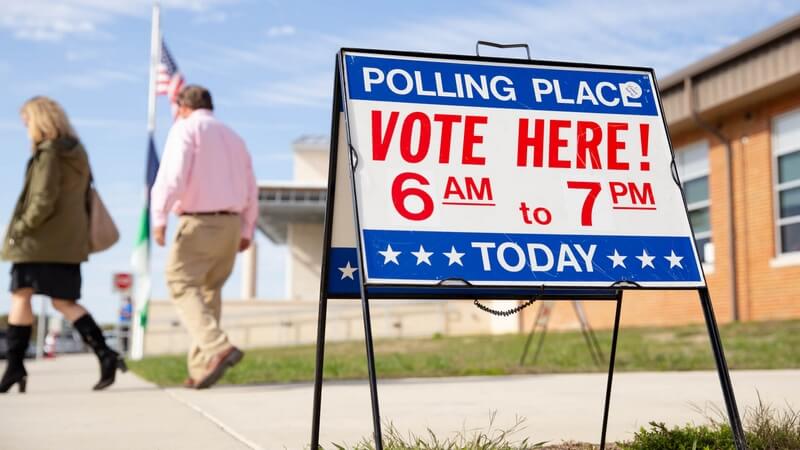City halls are integral to the functioning of local government, offering a multitude of services that touch nearly every aspect of civic life. Whether you need a vital record, a business permit, or simply want to participate in the democratic process, your city hall is there to assist. By familiarizing yourself with the services provided and preparing adequately for your visit, you can make the most out of your interactions with this vital institution. Engage proactively, and take advantage of the resources your city hall offers to improve your community and your civic experience.
A Quick Guide to City Halls and Their Common Services
City halls are the nerve centers of local government, serving as the administrative hubs for towns and cities across the United States. These venerable institutions provide residents with access to a wide array of essential services, helping to maintain the public welfare and ensure city operations run smoothly. Understanding the role of city halls and the services they offer can empower you to engage more actively with your local government. Here’s a quick guide to what you can expect when you visit your city hall.
What is a City Hall?
City halls serve as the headquarters for municipal government. Typically housed in historic or architecturally significant buildings, city halls are where the mayor’s office, city council, and various administrative departments are located. They function as the focal points for civic administration and public policy-making.
Common Services Provided by City Halls
City halls offer a wide array of services, ranging from vital records to public safety. Here’s an overview of some of the most commonly provided services:
1. Vital Records: City halls are often responsible for issuing vital records, such as birth and death certificates, marriage licenses, and sometimes divorce decrees. These documents are essential for various legal, personal, and governmental processes.
2. Permitting and Licensing: This includes building permits, business licenses, zoning permits, and various other regulatory documents. If you’re planning to start a business, undertake a construction project, or need special permissions, the permitting office at your city hall is the place to visit.
3. Public Meetings and Government Transparency: City halls typically host city council meetings, public hearings, and community forums. These meetings are open to the public and provide an opportunity for citizens to engage with local policymakers, offering input on issues that affect the community.
4. Elections and Voting: Election services offered at city hall include voter registration, early voting, and absentee ballot processing. Many city halls also serve as polling places on election day.
5. Public Records: Residents can access a variety of public records, including city ordinances, property records, council minutes, and other official documents. Many city halls also offer digital archives that can be accessed online.
6. Parking and Traffic Services: These services include the issuance of parking permits, handling parking violations, and managing traffic regulations within the city. For issues related to street parking, residential permits, and fines, your city hall will have the appropriate departments.
7. Public Safety and Emergency Services: City halls coordinate with local police, fire departments, and emergency medical services. They often handle the administrative aspects of public safety, such as police reports, alarm permits, and disaster preparedness plans.
8. Community Services: This encompasses various programs and resources for community engagement, including public art installations, senior services, recreational programs, and cultural events. Many city halls offer information and registration for local classes, workshops, and events.
9. Utilities Management: Information and billing for city-managed utilities such as water, sewer, and sometimes electricity and gas can often be handled through city hall. Questions about service setups, payments, and account management can usually be addressed here.
10. Environmental Services: City halls often have departments dedicated to environmental conservation, waste management, and sustainability initiatives. This can include recycling programs, community cleanups, and green building incentives.
Visiting Your City Hall
Here's what you need to know before making a trip to city hall:
1. Check Operating Hours: Most city halls operate during regular business hours, typically from 8 AM to 5 PM, Monday through Friday. Some may have extended hours or offer specific services on weekends; it’s best to check in advance.
2. Make an Appointment: While many services are available on a walk-in basis, some departments may require appointments, particularly for detailed consultations, permit applications, or public records searches.
3. Bring Necessary Documentation: Ensure you bring all required documents related to the service you need. Most city hall websites provide checklists or guidelines for what you’ll need, such as identification, proof of residence, or specific forms.
4. Utilize Online Services: Many city halls offer a range of services online, which can save you time and a trip downtown. From submitting permit applications to accessing public records, check your city hall’s website to see if your needs can be met digitally.
5. Engage with Public Meetings: Attending city council meetings or public hearings can be a great way to stay informed about local issues and participate in civic engagement. Agendas are often posted on the city’s website, allowing you to prepare and participate meaningfully.
6. Explore Community Resources: Many city halls have bulletin boards, pamphlet racks, and information desks that offer valuable information on local services, events, and opportunities. Take the time to explore these resources during your visit.


